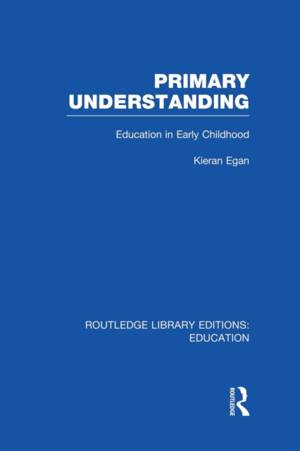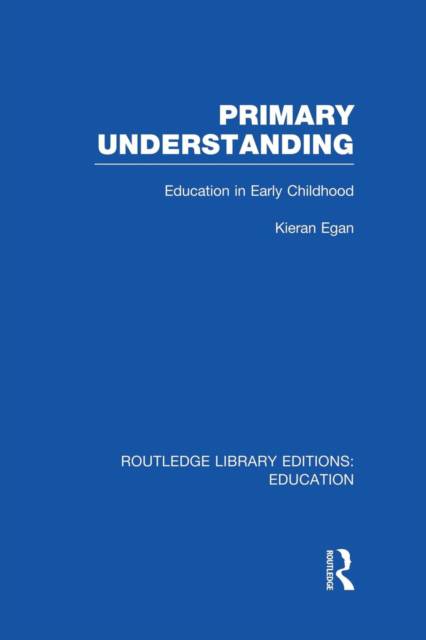
- Retrait gratuit dans votre magasin Club
- 7.000.000 titres dans notre catalogue
- Payer en toute sécurité
- Toujours un magasin près de chez vous
- Retrait gratuit dans votre magasin Club
- 7.000.0000 titres dans notre catalogue
- Payer en toute sécurité
- Toujours un magasin près de chez vous
Description
Beginning with descriptions of the ways in which children make sense of their experience and the world, such as fantasy, stories and games, Egan constructs his argument that constituting this foundational layer are sets of cultural sense-making capacities, reflected in oral cultures throughout the world. Egan sees education as the acquisition of these sets of sense-making capacities, available in our culture, and his goal is to conceptualize primary education in a way that over comes the dichotomy between progressivisim and traditionalism, attending both the needs of the individual child and the accumulation of knowledge.
Spécifications
Parties prenantes
- Auteur(s) :
- Editeur:
Contenu
- Nombre de pages :
- 306
- Langue:
- Anglais
- Collection :
Caractéristiques
- EAN:
- 9781138008458
- Date de parution :
- 04-07-14
- Format:
- Livre broché
- Format numérique:
- Trade paperback (VS)
- Dimensions :
- 152 mm x 226 mm
- Poids :
- 385 g

Les avis
Nous publions uniquement les avis qui respectent les conditions requises. Consultez nos conditions pour les avis.






